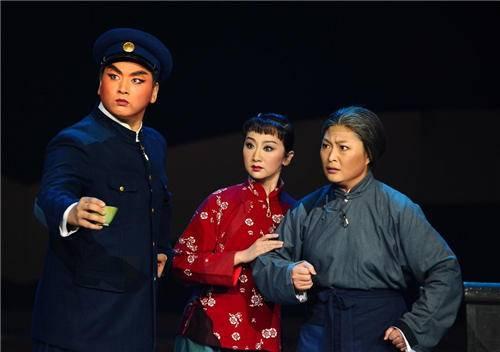Since the economic reform period that began in the 1970s, the Chinese Communist Party has taken an ambiguous attitude towards the legacy of Mao Zedong, the dictator who ran China between 1949 to 1976, and whose rule culminated in the traumatic and destructive Cultural Revolution.
But recently, as the CCP looks to strengthen its ideological grip over its cadres and Chinese society more generally, it has brought some propaganda staples from the Mao Zedong era such as the revolutionary “eight model operas,” and history textbooks have been revised to portray his rule in a more positive tone.





